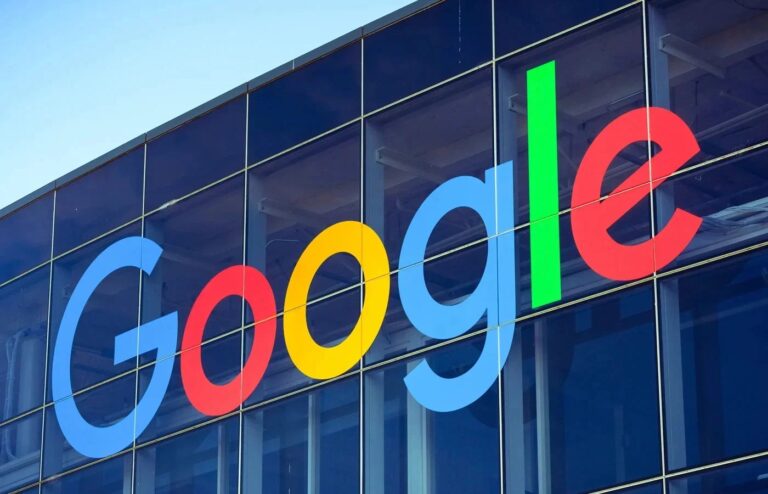
Google’s appeal over a €4.125 billion ($4.7 billion) fine the European Union handed it has been dealt a huge blow. The European Court of Justice’s advocate general, Juliane Kokott, has recommended that the court dismiss the challenge.
Why the EU issued Google with an Android-related fine
The European Commission fined Google €4.34 billion for requiring that any Android device with the Play Store pre-installed must also come with Google Search and the Chrome browser. Google was also not allowed to run modified versions of Android, and its manufacturers received revenue-sharing incentives if rival search engines were not pre-installed.
In 2022, after Google filed an initial appeal with the General Court of the EU, the decision about revenue-sharing was annulled, and the fine was reduced to €4.125 billion. The unsatisfied search giant escalated a second appeal to the European Court of Justice, arguing that the Commission should have analysed what the market would have looked like without its allegedly abusive conduct.
Kokott has now responded to this appeal, advising the Court of Justice to confirm the fine and uphold the General Court’s ruling. According to a press release, she found that such an analysis was not necessary, as the Commission had already demonstrated that Google’s conduct had the potential to distort competition.
She added that the General Court was not obliged to prove that Google’s actions excluded competitors of equal dominance, noting that no such competitors could realistically operate on a level playing field given Google’s vast advantage in user data. The infringement was also strategic and prolonged, and the recalculation of the fine was correct.
While opinions from the Advocate General are not binding on the Court of Justice, judges often follow them closely in their final rulings. They have now begun their deliberations and will issue a judgment at a later date, according to the release.
A Google spokesperson told Reuters: “Android has created more choice for everyone and supports thousands of successful businesses in Europe and around the world.
“We are disappointed with the opinion, which – if it were followed by the court – would discourage investment in open platforms and harm Android users, partners and app developers.”
Additional recent examples of Google vs the EU
The Commission has imposed two additional antitrust penalties on Google in the last decade. In 2017, the search giant was fined €2.42 billion for favouring its own comparison shopping service, Google Shopping, in search results. Google lost its final appeal in September 2024.
In 2019, Google received a €1.49 billion penalty for imposing restrictive ad contracts on third-party websites using its AdSense platform, which prevented them from displaying ads from its competitors alongside Google search results. The General Court overturned this fine in September 2024, after finding that the Commission had not demonstrated that this requirement harmed consumers.
Some other cases are ongoing. In June 2023, the Commission published its preliminary view that Google had breached EU antitrust rules by favouring its own ad exchange and other ad tech tools. It said that a “mandatory divestment” of part of its ad tech business would be the only way to address its own competition concerns. The UK’s Competition and Markets Authority came to a similar conclusion in September 2024, but both bodies are still investigating.
This March, the Commission claimed that Alphabet, Google’s parent company, had breached its Digital Markets Act for self-preferencing on Search and the Play Store. This legislation specifically intends to curb the market power of the tech giants.
Google has made a series of changes over the last year to comply with the DMA, including temporarily removing some Search Widgets and rejigging the layout of Search results. However, the Commission determined that these steps were insufficient.

